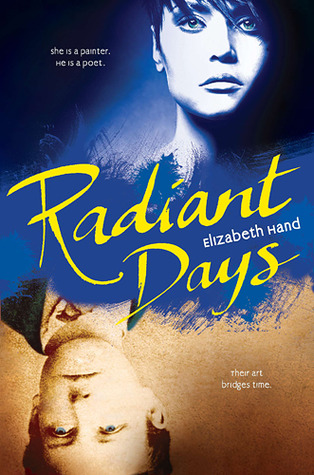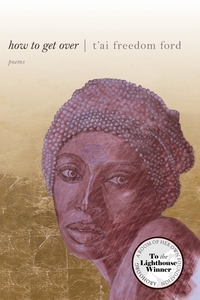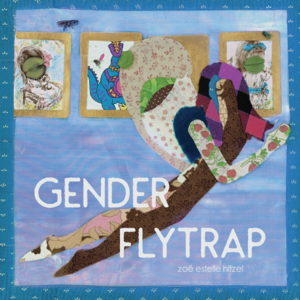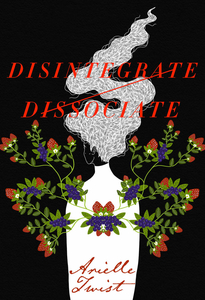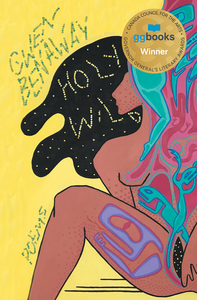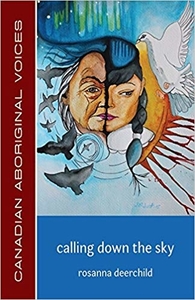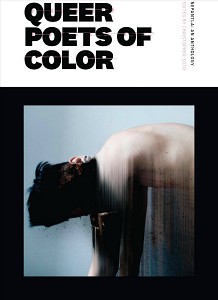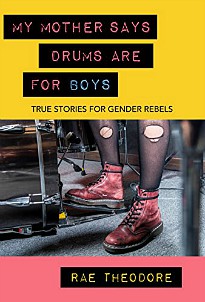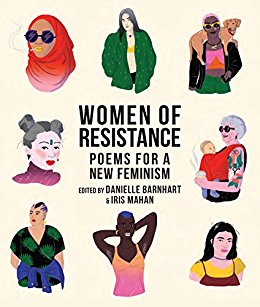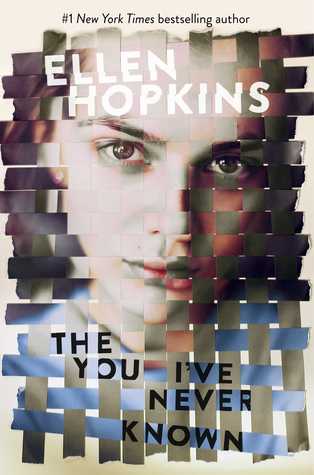There aren’t many stories that can truly say they’ve done time travel in a unique way. Going back to the past or ahead to the future have already been done dozens of times. A fish out of water, or out of time, is going to make for an interesting story. But Radiant Days does timeRead More
10 Poetry Collections by Black Queer Women
Poetry has always been an artistic expression. From declarations of love to contemplating the meaning of life, poetry has a way of putting the human experience into words. It’s also an effective way to take a political stance or spark compassion for others’ cultures and ways of life. Here are 10 poetry collections that delveRead More
Meagan Kimberly reviews Gender Flytrap by Zoe Estelle Hitzel
For National Poetry Month I chose to read this collection I’d picked up from Sundress Publications, an independent press. It’s a fascinating collection of poems about the interconnected nature of gender, sexuality, sex, and identity. The poems’ forms start as stanzas and lines written in fragments, but as the speaker gains a greater sense ofRead More
Sheila reviews Disintegrate/Dissociate by Arielle Twist
I wanted to read something shorter, that I could put down and come back to as my attention comes and goes these days. I was very happy to pick up (or download, whatever) this work of poetry, Disintegrate/Dissociate by Arielle Twist. This isn’t to say that these poems are of a lighter subject manner. ManyRead More
Sheila Laroque reviews Holy Wild by Gwen Benaway
As I’ve said in previous reviews; I haven’t widely read a great deal of poetry. Nor do I have the lived experience of a trans person. However, reading this collection of poetry by Gwen Benaway I felt drawn into her world and stories, and I felt like I could understand a little bit better. TheRead More
Sheila Laroque reviews Calling Down the Sky by Rosanna Deerchild
I’m not much of a poetry person. I never have been. I’m the type of librarian who only took the required English courses; and I definitely don’t have an English literature degree. However, I wanted to challenge myself to diversify my reading beyond what I usually go for. I admit that I avoid poetry becauseRead More
Megan G reviews Nepantla: An Anthology for Queer Poets of Color edited by Christopher Soto
As soon as I came across this anthology and its haunting cover I knew I had to pick it up. As soon as I realized that the title of this anthology (and the journal it originated from) came from a quote from Gloria Anzaldúa, I knew I’d made the right choice. The poems in thisRead More
Mars Reviews “My Mother Says Drums Are For Boys: True Stories for Gender Rebels” by Rae Theodore
In this short autobiographical essay and poetry collection, Rae Theodore offers a frank and panoramic perspective on growing up butch. The titular term “gender rebel” is entirely accurate here as Theodore recalls a childhood and young adulthood where classic femininity chafed. All the outer accoutrements of fashion and stature were as complicated to her asRead More
Karoliina reviews Women of Resistance: Poems for a New Feminism by Danielle Barnhart and Iris Mahan
This poetry collection, edited by Daniella Barnhart and Iris Mahan, opens with Denice Frohman’s poem ’a woman’s place’, and the first lines set the scene for the whole collection: i heard a woman becomes herself the first time she speaks without permission then, every word out of her mouth a riot The collection is hugeRead More
Marthese reviews The You I’ve Never Known by Ellen Hopkins
”Is there such a thing as promiscuous love, or dies it only apply to sex?” The You I’ve Never Known by Ellen Hopkins is a 500+ page book, written almost entirely in poetry form. It was such an intense read! It leaves an impression; I couldn’t help not think about it when I was not reading it.Read More
